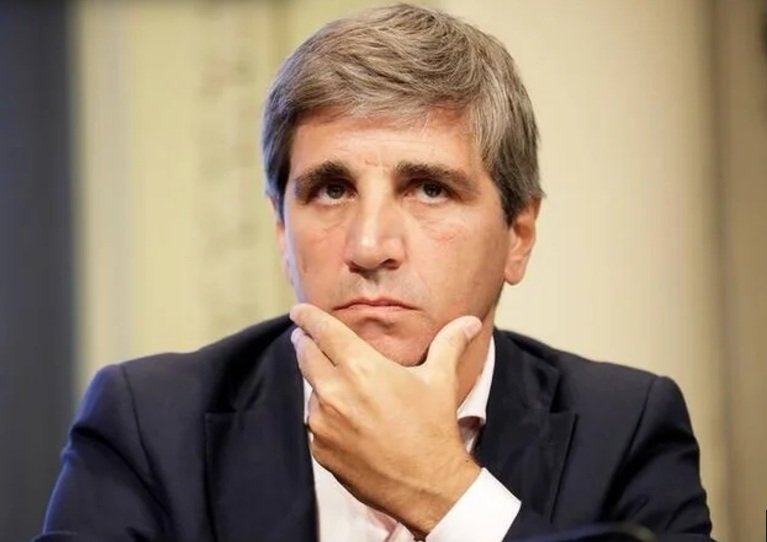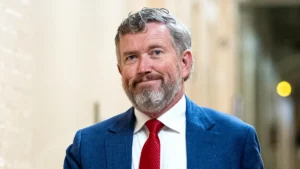Luis Caputo leader in Argentine economy and finance

Luis Andrés “Toto” Caputo, born on April 21, 1965, in Buenos Aires, Argentina, is a prominent economist with a significant track record in both the financial sector and public administration. His career includes key roles in international financial institutions and high-level positions within the Argentine government, including his recent appointment as Minister of Economy in December 2023.
Academic background and early years
Caputo completed his primary and secondary education at Colegio Cardenal Newman, a Catholic bilingual school in Buenos Aires. He later earned a degree in Economics from the University of Buenos Aires (UBA). His academic journey was further enriched through his work as a professor of Economics and Finance in the graduate program at the Pontificia Universidad Católica Argentina (UCA), where he shared his expertise with future generations of economists.
Career in the financial sector
Caputo’s private sector career is notable. Between 1994 and 1998, he served as Head of Trading for Latin America at JP Morgan, one of the world’s leading financial institutions. From 1998 to 2003, he held the same position for Eastern Europe and Latin America at Deutsche Bank. His leadership and expertise led him to become President of Deutsche Bank’s Argentine branch from 2003 to 2008, solidifying his reputation in international finance.
Entry into public service
In December 2015, Caputo joined Argentina’s public sector when he was appointed Secretary of Finance under President Mauricio Macri. In this role, he played a crucial part in negotiating with holdouts, reaching agreements that allowed Argentina to exit default and return to international capital markets. His performance was key to securing external financing during a challenging economic period.
In January 2017, following the departure of Alfonso Prat-Gay, Caputo was appointed Minister of Finance. During his tenure, he continued to focus on securing the necessary funds to address the fiscal deficit, leveraging his deep knowledge of international finance and his connections on Wall Street.
Central Bank presidency
On June 14, 2018, Caputo was named President of the Central Bank of Argentina (BCRA), succeeding Federico Sturzenegger. His main challenge in this role was to curb inflation and stabilize the exchange market amid growing skepticism about the economic program. During his tenure, BCRA’s reserves increased, and there was a significant reduction in LEBACs debt, which was seen as a major achievement. However, on September 25, 2018, Caputo resigned for personal reasons amid ongoing negotiations with the International Monetary Fund (IMF).
Controversies and transparency
Throughout his career, Caputo has faced some controversies. In 2017, he was involved in a judicial investigation concerning alleged irregularities with ANSES fund operations. Furthermore, in November of the same year, the Paradise Papers revealed that he had managed at least two offshore investment funds, information that was not included in his sworn declarations. Caputo clarified that the funds were investment vehicles for friends and family and that there was no conflict with his public duties.
Return to the Ministry of Economy
On December 10, 2023, Luis Caputo was appointed Minister of Economy under President Javier Milei. His appointment was interpreted as a sign of trust from international markets, considering his past experience and proven ability to manage complex economic situations. Since taking office, he has focused on implementing policies aimed at stabilizing Argentina’s economy and promoting sustainable growth.
Contributions and legacy
Throughout his career, Caputo has shown a remarkable ability to navigate both the private and public sectors, offering financial solutions during critical moments for Argentina. His skill in negotiating in complex scenarios and his deep understanding of international markets have made him a key figure in the country’s economy. Although his career has not been free from controversy, his commitment to economic development and his experience in international finance continue to stand out as core elements of his professional legacy.






